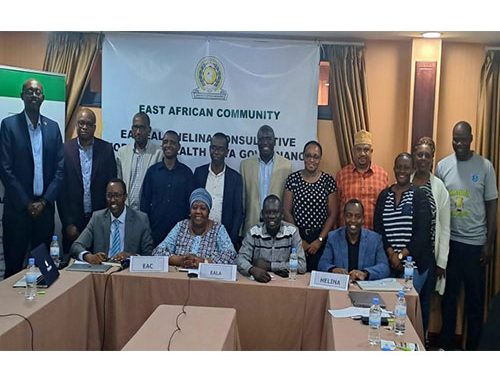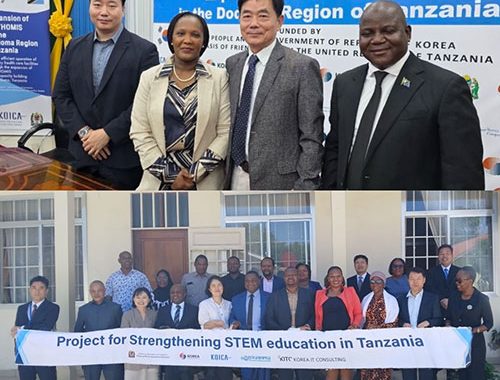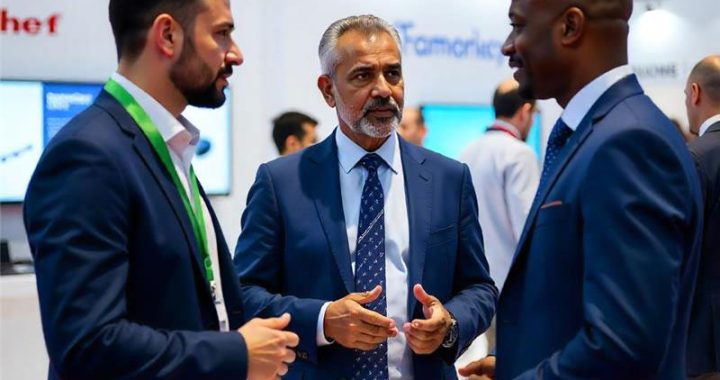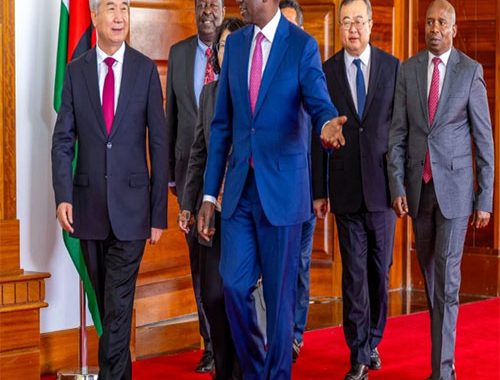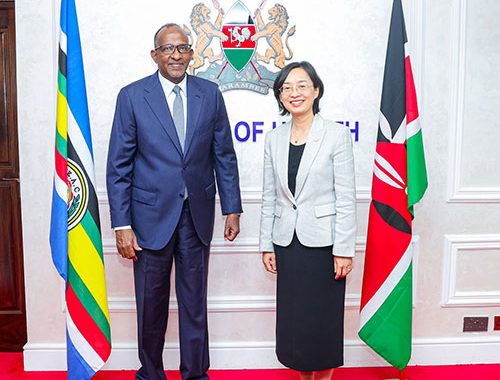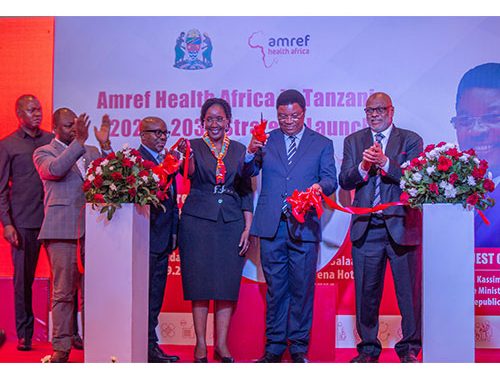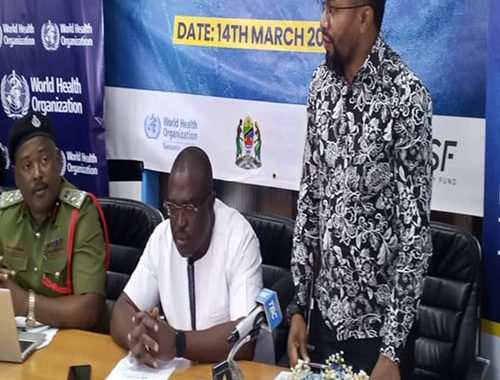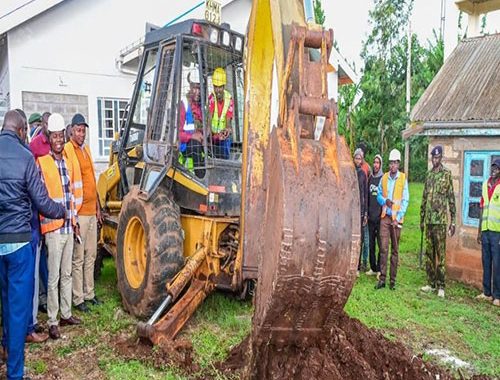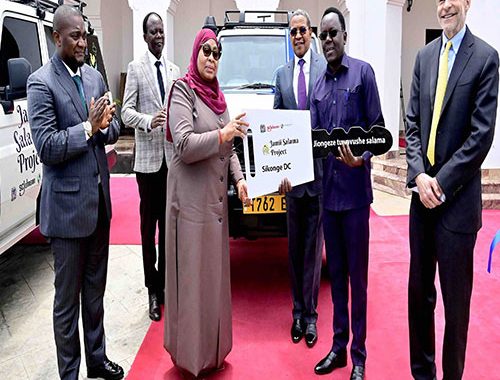In order to guarantee that healthcare data is handled, safeguarded and used responsibly throughout its lifecycle, a framework of policies, procedures and practices known as health data governance, will be strengthened and standardised throughout the continent by the Africa Centre for Disease Control (Africa CDC).
The Africa CDC declared that it will take the lead in creating a Continental Health Data Governance Framework, which will be presented to Member States for approval during the AU Summit in February 2026.
In her welcoming remarks, Dr Martha Terefe, Deputy Chief of Staff, Africa CDC, stated, “Such a framework would establish an agreement between Member States regarding optimal legislation and regulation for the effective and equitable governance of health data and build continental alignment and collaboration around a harmonised African position on health data governance that supports cross-border data flows, with the necessary protections in place.”
“Governance is the throne, but data is king,” stated Namibia’s Minister of Health and Social Services, Dr. Esperance Luvindao.
There was never a greater pressing need for Dr. Luvindao. Treating data as a valuable asset rather than letting it turn into a burden is essential in the current era of digitalisation and artificial intelligence. Decision-making, illness outbreak prediction and policy creation should all be guided by health data. However, we run the risk of losing control over this priceless resource in the absence of trustworthy, moral and well-coordinated government.
“Health information is potent. It can close equity gaps, assist real-time decision-making, enhance health outcomes and fortify health systems when properly managed. According to Dr. Terefe, it can facilitate what is known as precision public health, which is the capacity to customise interventions based on timely, localised, and genuine data.
The Framework will draw on current norms and standards, such as the equality and rights-based principles outlined in the widely accepted Health Data Governance Principles and be guided by the AU Data Policy Framework as well as current best practices and techniques used by nations.
At the request of Member States, Africa CDC has also promised to promote the establishment or improvement of national health data governance laws and regulations by offering Member States normative direction and technical assistance to build local capability.
Judith Nguimfack, Principal Digital Delivery Specialist, Africa CDC, who moderated the session, stated, “The commitment reflects the collective resolve of the continental agency to strengthen the governance, protection, and responsible use of health data as a cornerstone for equitable, resilient, and people-centered health systems.”
Amidst the rapidly changing governance landscape in the age of artificial intelligence and emerging technologies, Africa CDC is signalling a sea change in the continent’s strategy for digital and health transformation. In order to support evidence-based policymaking, protect data sovereignty, improve public health outcomes, spur innovation, streamline the sector and protect the rights and confidence of African residents, it establishes health data as a strategic asset.
A unified continental framework will encourage the sharing of best practices and experiences throughout the continent, create a shared understanding and consensus regarding key legislative provisions, support legal coherence across jurisdictions, build trust, make cross-border data sharing easier and encourage the growth and expansion of innovations across nations.
The Africa CDC’s pledge marks a significant turning point in our journey. “Transform Health is dedicated to supporting these efforts towards more robust health data governance that protects rights, fortifies systems, and unlocks the potential of data for health for everyone in the digital age,” stated Mathilde Forslund, Executive Director, Transform Health, one of the Flagship co-chairs.

